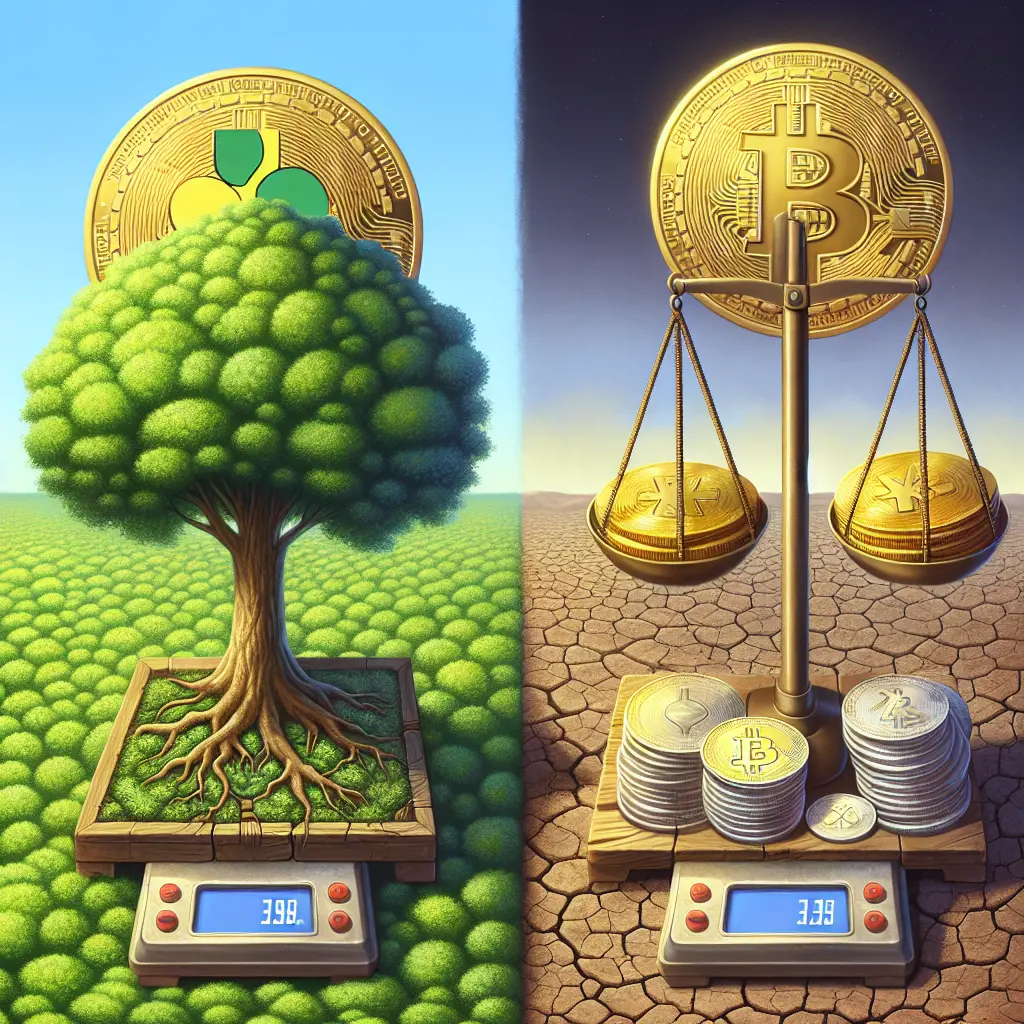In the rapidly evolving landscape of global trade, the need for transparency in supply chains has never been more critical. Enter XRP, a digital currency that's revolutionizing the way businesses approach supply chain transparency. As an integral part of blockchain technology, XRP is carving out a significant role in enhancing supply chain operations, providing businesses with unprecedented visibility and efficiency.
This transformation is not just limited to logistics; XRP is poised to reshape the entire economy by fostering financial transparency and boosting international trade. By integrating blockchain in supply chains, businesses can achieve greater accountability and security, which are vital for maintaining trust in today's interconnected markets.
XRP's influence in decentralized finance extends beyond mere transactions; it serves as a catalyst for economic growth by streamlining processes and reducing costs.
The economic benefits of XRP are multifaceted, improving supply chains by enabling quicker and more reliable transactions that are crucial for global trade.
This digital currency not only enhances supply chain visibility but also plays a pivotal role in achieving supply chain efficiency with XRP technology.
XRP's Role in Enhancing Supply Chain Transparency
In today's fast-paced global market, supply chain transparency is not just a buzzword—it's a necessity. XRP, a leading digital currency, has emerged as a game-changer in this arena, leveraging blockchain technology to revolutionize supply chain processes. This transformation is driven by the unique properties of blockchain, which provides a decentralized and immutable ledger system.
At the heart of XRP's ability to enhance supply chain transparency is blockchain technology. Blockchain's decentralized nature ensures that all transactions are recorded on a public ledger, making them visible and traceable by all stakeholders.
One of the most significant ways XRP is impacting supply chains is through its integration into logistics. For instance, global shipping giant Maersk has experimented with blockchain-based platforms to track shipping containers in real-time.
Moreover, in the agricultural sector, farmers can use XRP technology in supply chains to ensure that their produce reaches consumers with verified proof of origin. This use case not only enhances transparency but also builds trust with end-users who are increasingly concerned about the ethical aspects of their purchases.
Economic Benefits of XRP
The economic impact of XRP on global trade cannot be overstated. By enabling quicker and more reliable transactions, XRP reduces transaction costs, thereby improving profit margins for businesses engaged in international trade.
Beyond logistics and cost savings, XRP plays a critical role in fostering business transparency. With every transaction recorded on the blockchain, businesses can provide stakeholders with verifiable data regarding their operations.
Increased supply chain visibility with XRP means that businesses can better manage risks associated with fraud, counterfeiting, and inefficiencies.
In conclusion, while the introduction provided an overview of XRP's potential in transforming supply chains, this detailed exploration underscores its practical applications and economic benefits. The integration of XRP and blockchain technology into supply chains offers unprecedented opportunities for transparency, efficiency, and growth, making it an indispensable tool for modern businesses.
As businesses look to stay competitive, embracing XRP and blockchain technology can lead to significant operational improvements and sustainable growth.








Leave a Comment